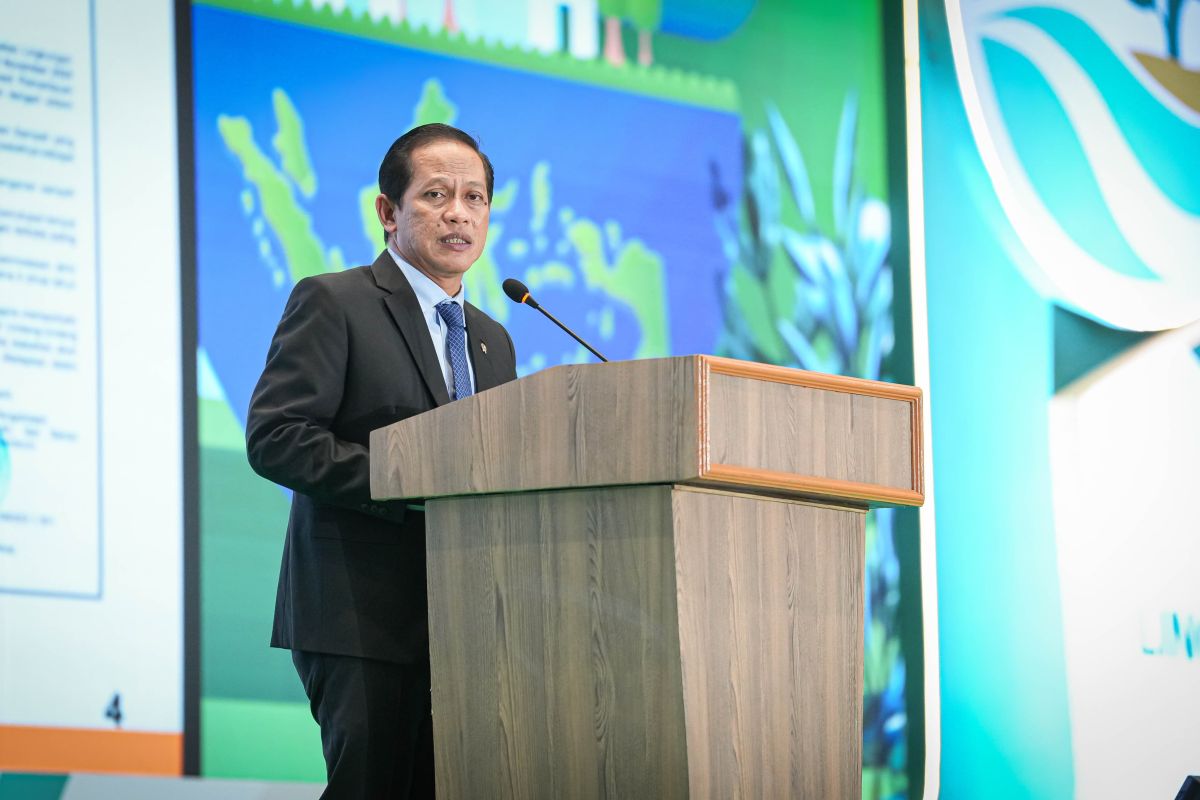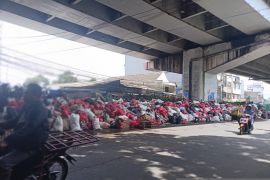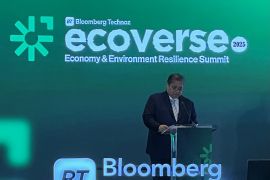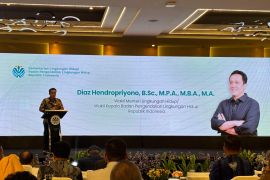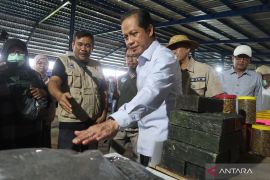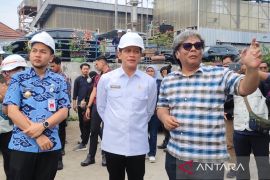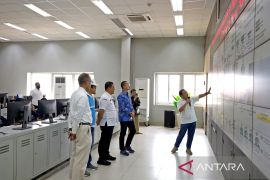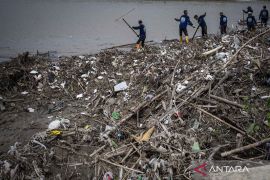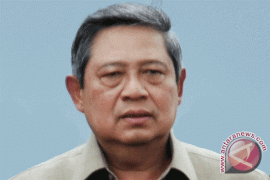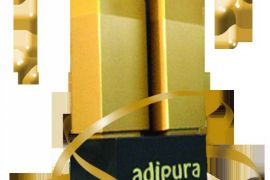The assessment focuses on final waste disposal site (TPA) management.
“Around 10.8 million tons, or nearly 20 percent of the national waste, is plastic. However, the national recycling rate is only 22 percent, far from expectations,” said Environment Minister Hanif Faisol Nurofiq in a statement here on Monday.
He explained that Java has the highest recycling rate at 31 percent, followed by Bali and the Nusa Tenggara Islands at 22.5 percent, and Sumatra at 12 percent.
Speaking at the 2025 National Coordination Meeting on Waste Management on Sunday (June 22), Nurofiq introduced the revamped Adipura concept, which no longer focuses solely on aesthetics and surface cleanliness.
The ministry now assesses a city’s institutional waste governance, separation at source, and compliance with the ban on open dumping at TPAs. Cities still engaging in open dumping are automatically disqualified from receiving the award.
The updated Adipura assessment is now divided into four tiers: Adipura Kencana for top performance, Adipura for high achievement, Adipura Certificate for meeting basic criteria, and Dirty City Title for regions with the lowest performance.
The transformation aims to drive cities toward cleaner, healthier, and more climate-resilient futures.
Nurofiq emphasized that revitalizing the Adipura program is a strategic shift in urban environmental management. It is data-driven, mandatory for all districts and cities, and employs technologies such as satellite monitoring and aerial surveys.
According to him, Adipura should no longer be seen merely as a clean city trophy, but as a policy instrument to push for integrated waste management and support national goals for sustainable, low-emission urban areas.
Related news: Seeking solutions for waste handling in Indonesia
Related news: President plans national waste management movement: minister
Translator: Prisca, Kenzu
Editor: M Razi Rahman
Copyright © ANTARA 2025
